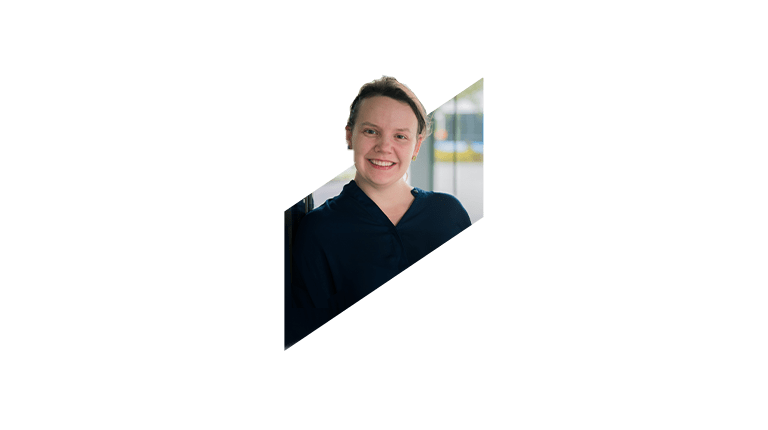Dr Alisa Glukhova
Walter and Eliza Hall Institute of Medical Research, Melbourne
2021 CSL Centenary Fellow

Alisa Glukhova is investigating a fundamental cell communication system that guides the growth of embryos but, when it goes wrong, can contribute to cancer and other diseases.
By determining the structure and shape of the Frizzled protein, she hopes to create a path to new kinds of cancer drugs.
The cells in our body need to be told when to grow, what to become, when to multiply – even when to die.
But with close to 40 trillion cells in our bodies – and an unimaginable number of molecules in those cells – it is easy to see how things can go horribly wrong. And the result of those molecular misunderstandings can be catastrophic – a cascade of misinformation that can lead to the uncontrolled division of cells that is one of the hallmarks of cancer.
One of the key signalling systems in this process is the Wnt system. It’s so fundamental to life, it’s found in fruit flies, sponges, and humans.
We know very little about how Wnt signalling works – a gap in our knowledge Alisa hopes to close thanks to her $1.25 million CSL Centenary Fellowship.
That grant will support her work studying the signalling events surrounding Frizzled receptor proteins that lie on the surface of cells and act as tiny inboxes that receive messages from other cells.
We do know that many drugs can influence the Wnt signalling systems, including Frizzled receptors.
“We want to find new effective drugs that work with these receptors, or just to make ones we are already using work better,” Alisa says. But to do that we need to understand their shape and structure.
Alisa is bringing the latest technology to the task, using X-ray crystallography and cryo-electron microscopy. She will look at the structure of the proteins in a crystal form using synchrotron X-rays and she will visualise individual flash-frozen protein molecules using electron microscopy.
Alisa says that the five years of CSL Fellowship support will give her time to gain a fundamental understanding of the Wnt pathway that could then lead to the design of new classes of cancer drug.


